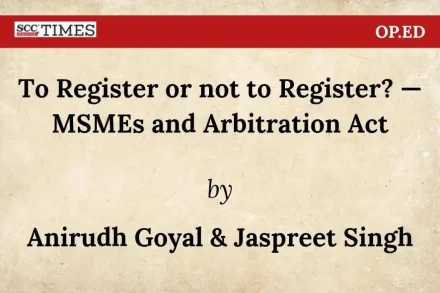
To Register or not to Register? — MSMEs and Arbitration Act
by Anirudh Goyal* and Jaspreet Singh**

by Anirudh Goyal* and Jaspreet Singh**
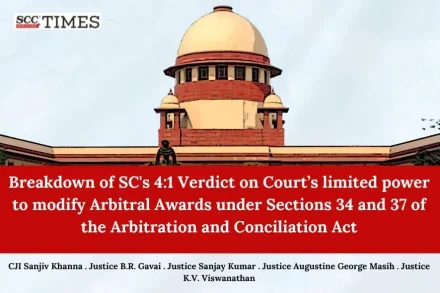
The present controversy arose because the Arbitration and Conciliation Act, 1996, does not expressly empower courts to modify or vary an arbitral award, and Section 34 of the 1996 Act only confers upon courts the power to set aside an award.
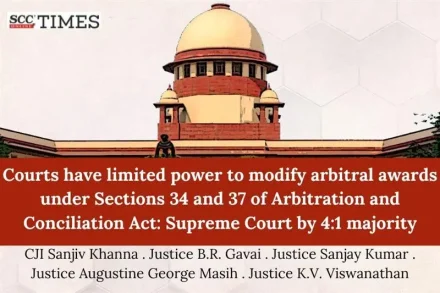
Section 34 of the Arbitration and Conciliation Act, 1996 provides the legal framework for challenging an arbitral award before a court, while Section 37 governs appeals against specific orders passed under the Act, including those made under Section 34.
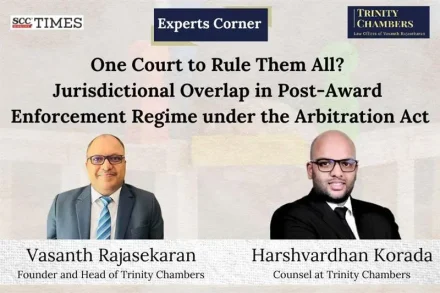
by Vasanth Rajasekaran* and Harshvardhan Korada**
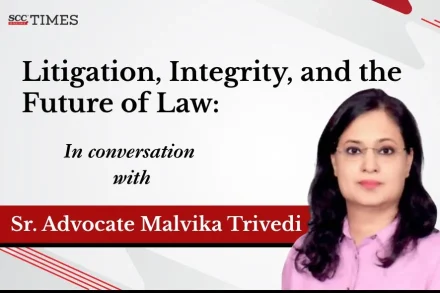
Interviewed by Shaleen Bareja

“It is now trite law that State agencies cannot hide behind the conventional excuse of bureaucratic delays and inefficiency in the State’s capacity, to condone delays.”
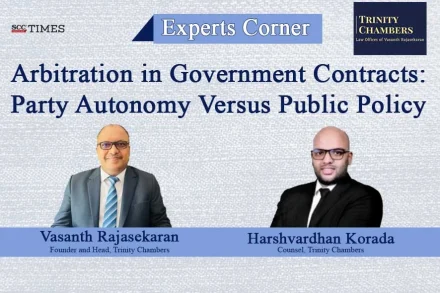
by Vasanth Rajasekaran* and Harshvardhan Korada**
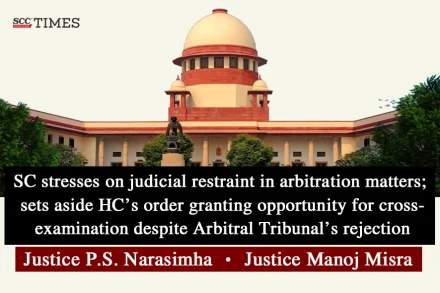
The Court examined the question that whether the High Court correctly exercised its supervisory jurisdiction under Article 227 in granting the respondent one more opportunity to cross-examine the appellant’s witness, despite the Arbitral Tribunal rejected such a prayer.
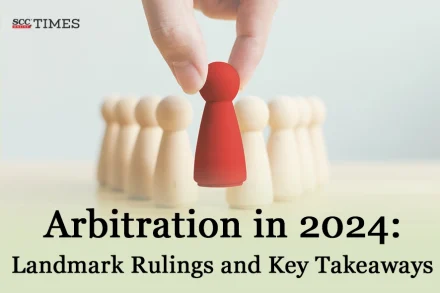
From the High Court’s clarification of the definition of “court” under the Arbitration Act to the Supreme Court’s recommendation for Parliament to introduce an amendment defining a specific limitation period for the appointment of arbitrators, several key rulings have shaped the arbitration landscape. This piece highlights the notable arbitration cases of 2024.
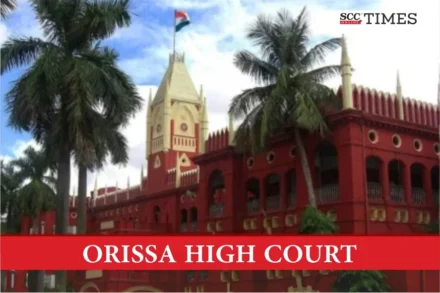
The Court relied on Vidya Drolia v. Durga Trading Corpn., (2019) 20 SCC 406., wherein it was held that a claim for infringement of copyright against a particular person is arbitrable, though in some manner the arbitrator would examine the right to copyright, a right in rem.
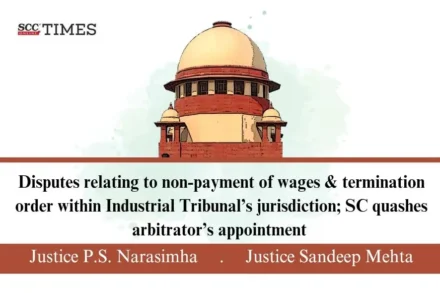
“Jurisdiction of the Industrial Court is also to the exclusion of the civil courts and is not arbitrable.”

In the matter at hand, the appellant contended that the Council’s award ought to have been interfered with under Article 226/227 of the Constitution, as there was no conciliation in accordance with the procedure prescribed, a condition precedent for initiation of arbitration proceeding under Section 18 (3) of the MSMED Act.
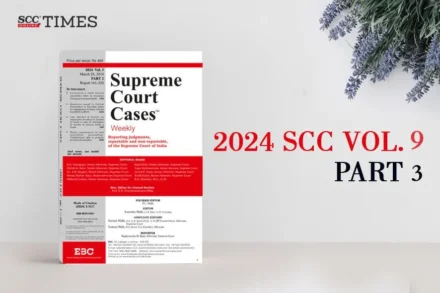
Arbitration Act, 1940 — S. 29 — Interest on interest or compound interest: Post award interest on interest awarded is not grantable
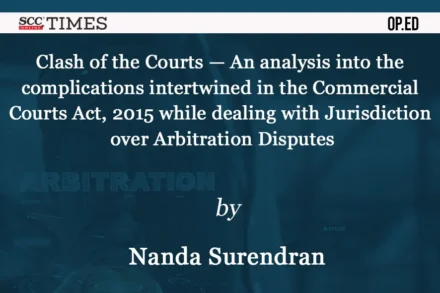

“Deletion of party is an issue to be decided by the Arbitral Tribunal, it cannot be looked into by the Court under Section 11(6) of the Arbitration Act”

“When the Arbitral Tribunal is in seisin of disputes between parties, there is the pernicious possibility of any observation being made by the Court influencing the proceedings before the Arbitral Tribunal”
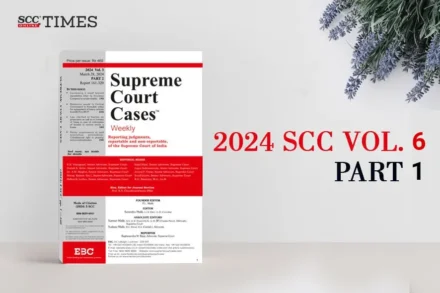
Arbitration and Conciliation Act, 1996 — Ss. 11 & 8 and 16 r/w S. 7: Law clarified on harmonious construction of Arbitration

“Consequent on introduction of sub-Section 6(A) in Section 11, the Supreme Court has in several decisions held that the jurisdiction of the referral Court is now circumscribed.”
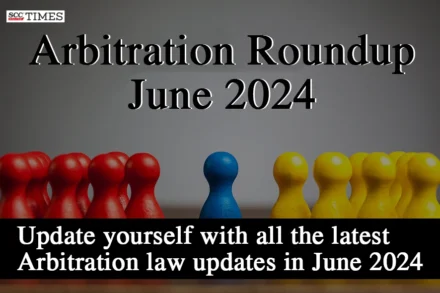
“A quick recap of the latest rulings by the Supreme Court and High Courts- From the mandate of the arbitrator to the challenge of award passed by arbitrator”

“The rationale behind such stringent timelines is rooted in the principles of finality and efficiency, which are paramount in arbitration. The limitation period serves as a deterrent against undue delays and encourages parties to act promptly, thereby ensuring that the arbitration process remains expeditious.”